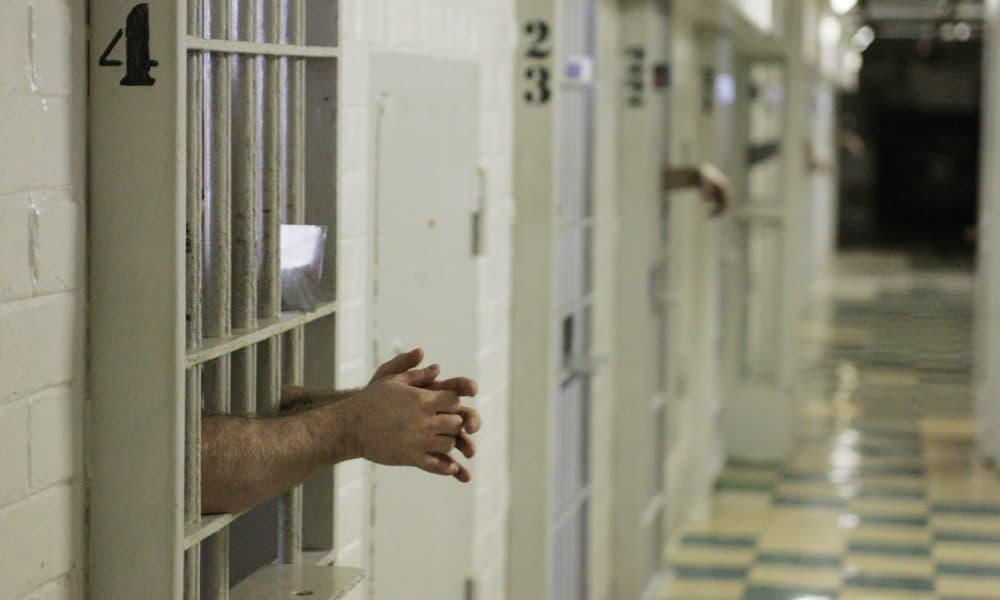Advertisement
Obama Commutes Sentences For 8 Nonviolent Drug Offenders
Resume
President Obama has reduced the sentences of eight federal inmates convicted of crack cocaine offenses, most of whom were in prison for life.
The president said the men and women were sentenced under an unfair system that treated crack cocaine far more harshly than powder cocaine. If sentenced under today's drug laws, they would have likely received shorter terms.
Vanita Gupta, deputy legal director of the American Civil Liberties Union, has been advocating for sentencing reforms and joins Here & Now's Robin Young to discuss the issue.
Interview Highlights: Vanita Gupta
On harsh sentences for people low on the totem pole
"Oftentimes what happens in these situations is that these women who are serving as mules — and this happens with men as well — when they are kind of the lowest folks on the totem pole of the drug trade, have nothing to trade in to law enforcement to get a sentence reduction. And so they are often getting longer sentences than those higher up in the food chain of a particular drug market who have a lot of information."
On the Fair Sentencing Act
"The Fair Sentencing Act — which took 18 years to pass and is the first time that Congress has ever reduced a federal mandatory minimum penalty — did finally seek to address the gross racial disparity between crack and powder cocaine sentencing. ... The enormity of the elevation of the length of the sentence for crack cocaine was just so severe. ... What the Fair Sentencing Act represented, was a time to kind of — you know, when the volume was turned down, and crime rates had been on a decline — to really bring evidence to bear on sentencing regimes, particularly as impacted black and brown communities."
On recognizing flaws in the U.S. criminal justice system
"There is a changing tide in this country around our criminal justice system. I think there is a much greater — and I would say bipartisan — recognition that what we have been doing for 40 years has been ineffective, has had a tremendous human and financial cost, and frankly has not ended or limited our drug supply any much more. So there has been a lot of significant changes."
Guest
- Vanita Gupta, deputy legal director of the ACLU and director of the ACLU’s Center for Justice.
This segment aired on December 20, 2013.